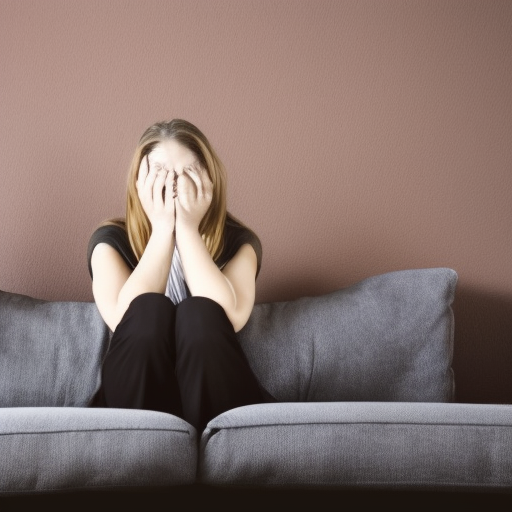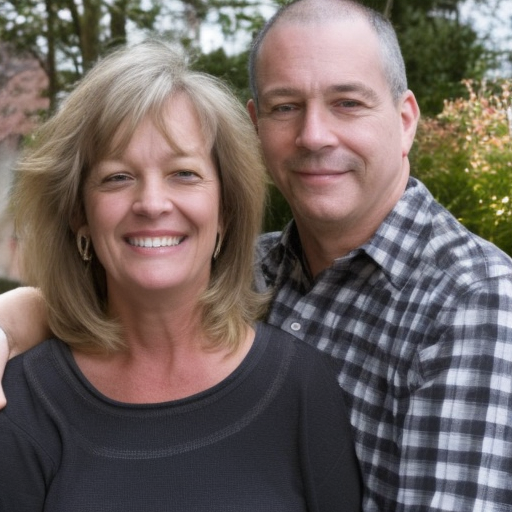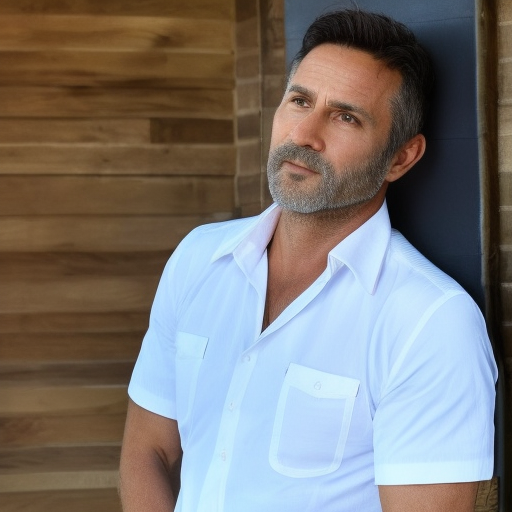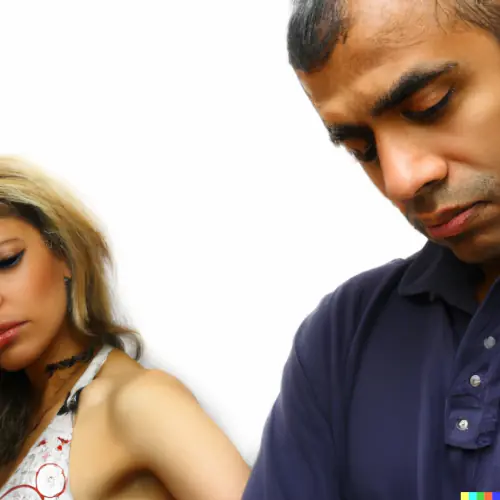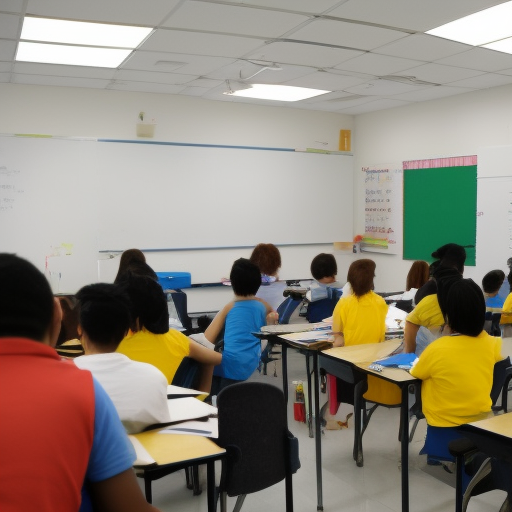How to fix an abusive relationship
If you’re reading this, chances are you or someone you love is in an abusive relationship. It’s not easy to admit that things have gotten to this point, and it can be even harder to know what to do next. But the good news is that there is hope and there are steps you can take to fix an abusive relationship… by fix, I mean, get rid of it.
First things first, let’s define what we mean by an “abusive relationship.” It’s not just about physical abuse (although that is definitely a form of abuse). An abusive relationship can also be emotional, verbal, or financial. In an abusive relationship, one person uses various forms of abuse to control and manipulate the other person. This can leave you feeling isolated, afraid, and unsure of how to get out of the situation.
So, how do you fix an abusive relationship? It’s not going to be easy, but it is possible. Here’s what you need to know:
How to Recognize an Abusive Relationship
Before you can start fixing an abusive relationship, you need to recognize that you’re in one. This can be harder than you might think, especially if your partner is good at manipulating you or gaslighting you. (For those unfamiliar with the term, gaslighting is when someone manipulates you into doubting your own memories and perceptions.)
Here are some common signs of an abusive relationship:
- Your partner belittles, insults, or puts you down
- Your partner controls where you go, who you see, or what you do
- Your partner threatens you, either physically or emotionally
- Your partner is excessively jealous or possessive
- Your partner hurts you, either physically or emotionally
- Your partner isolates you from your friends and family
If any of these sound familiar, it’s important to seek help as soon as possible. No one deserves to be treated this way, and there are resources available to help you get out of an abusive situation.
How to Get Out of an Abusive Relationship
Leaving an abusive relationship is never easy, and it’s important to have a plan in place before you make the decision to leave. Here are some things to consider:
- Tell someone you trust about the abuse. It’s important to have someone to talk to and to have a support system in place.
- Create a safety plan. This might include packing a bag with essentials (clothes, money, documents, etc.), finding a safe place to go, and making a plan for how to get there.
- Reach out to a domestic violence hotline or shelter if you are victim of violence. These organizations can provide you with legal, financial, and emotional support.
- Call the police, police will react swiftly.
- Get a restraining order. A restraining order can provide you with legal protection and can help keep your abuser away from you.
It’s also important to understand that leaving an abusive relationship is often the most dangerous time. If you’re afraid for your safety, it’s important to have a plan in place and to seek help from a trusted friend, family member, or domestic violence organization.
How to Heal After an Abusive Relationship
Leaving an abusive relationship is just the first step. Healing from the trauma of abuse takes time and support. Here are some things to consider as you begin the healing process:
- Seek therapy. It’s important to have a safe space to talk about your experiences and to work through the emotions you’re feeling. A therapist can help you process what happened and can provide you with tools to cope with the trauma.
- Surround yourself with supportive people. It’s important to have a support system in place, whether that’s friends, family, or a support group.
- Practice self-care. This might include activities such as exercise, meditation, or journaling. Taking care of yourself is crucial to the healing process.
- Set boundaries. After being in an abusive relationship, it’s important to establish healthy boundaries in your relationships moving forward. This might include saying “no” when you don’t want to do something, setting limits on how much time you spend with someone, or setting boundaries around communication.
- Forgive yourself. It’s common to feel guilty or ashamed after being in an abusive relationship, but it’s important to remember that you are not to blame for the abuse. It’s not your fault, and it’s okay to forgive yourself for any mistakes you may have made.
How to Prevent Future Abusive Relationships
Once you’ve left an abusive relationship and have begun the healing process, it’s important to take steps to prevent future abusive relationships. Here are some things to consider:
- Learn about healthy relationships. Understanding what a healthy relationship looks like can help you recognize the signs of an abusive relationship in the future.
- Know your worth. It’s important to believe in yourself and to know that you deserve to be treated with respect and kindness.
- Trust your gut. If something doesn’t feel right in a relationship, it probably isn’t. Don’t ignore red flags or make excuses for your partner’s behavior.
- Seek out healthy relationships. Surround yourself with supportive friends and family members who treat you with respect.
Fixing an abusive relationship won’t be easy, but it is possible. Remember, you are not alone and there are resources available to help you. Take the first step by seeking help and starting the healing process. You deserve to be in a healthy, loving relationship.

